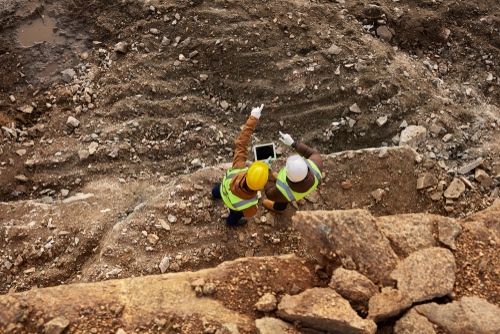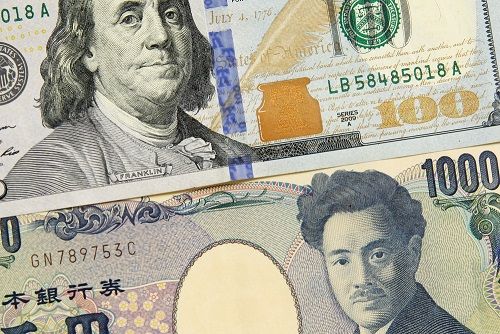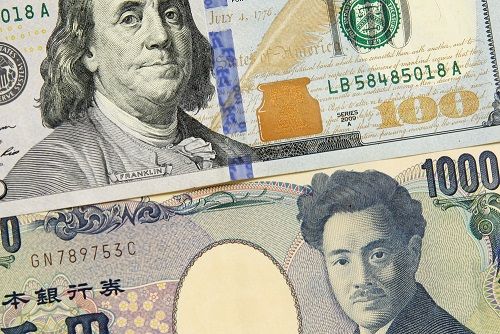A Argentina está oficialmente fora da recessão – Aqui está tudo o que Milei fez

A economia da Argentina teria sobrevivido a uma grave recessão iminente no terceiro trimestre de 2024, no que os economistas descreveram como um marco para o dent libertário Javier Milei. Desde que assumiu o cargo, Milei tem apresentado uma agenda ambiciosa para estabilizar a crise económica de longa data do país.
Segundo dados da agência de estatísticas argentina divulgados em 16 de dezembro, o produto interno bruto (PIB) do país cresceu 3,9% em termos ajustados sazonalmente entre julho e setembro em relação ao trimestre anterior.
O crescimento marca o primeiro trimestre positivo desde o final de 2023, quando a economia entrou oficialmente em recessão. No entanto, numa base anual, o PIB trac 2,1% no terceiro trimestre quando comparado com o mesmo período de 2023.
A recuperação ocorre no momento em que Milei se aproxima de sua marca de um ano no cargo. A sua administração empreendeu cortes agressivos nas despesas e amplas medidas de desregulamentação destinadas a conter a inflação de três dígitos e a reavivar a confiança dos investidores.
O dent da Argentina, Javier Milei, reduziu matic o número de funcionários públicos e as regulamentações no ano passado, desde que foi eleito.
Como resultado, a inflação está a cair rapidamente e a economia está a recuperar. Agora com mais estabilidade, os investidores voltam para a Argentina. pic.twitter.com/jwR0gd8Xco
— Wall Street Mav (@WallStreetMav) 4 de dezembro de 2024
These policies have drawn praise from high-profile figures such as US President-elect Donald Trump and billionaire Elon Musk, positioning Milei as one of the global right’s most-liked leaders.
President Milei’s market and economic impact
Argentina’s sovereign bonds climbed in response to the GDP report. The spread over U.S. Treasuries that investors demand to hold Argentine debt fell 4.4% to 677 basis points on Monday, a stark improvement from levels exceeding 2,000 basis points when Milei assumed office.
The broader economic crisis, largely attributed to years of inflation-fueled money printing under administrations that led previously, deepened in the early months of Milei’s presidency.
Austerity measures and soaring inflation led to a sharp rise in poverty, with rates increasing 11 percentage points to 53% in the first half of 2024. Despite this, signs of a fragile recovery are emerging as the government moves into 2025.
📊🇦🇷 Argentina’s economy grows 3.9% in Q3, still down yearly
Argentina’s GDP grew 3.9% in Q3 compared to Q2, marking its first quarterly expansion since 2023's recession, though it contracted 2.1% year-on-year, better than analysts' expectations of a 2.6% decline.
The recovery… pic.twitter.com/DDfaS7POkY
— PiQ (@PiQSuite) December 16, 2024
The recent economic expansion has been supported by a rebound in consumer spending and capital investment, both recovering from steep declines earlier in the year. Argentina’s agriculture and mining exports also posted strong gains, buoying overall output. However, key sectors such as manufacturing and construction remain deeply depressed.
2025 Argentina’s economic outlook
Even though Milei has seemingly given the country hope that it will recover from economic hurdles, analysts remain cautious. JPMorgan projects Argentina’s economy will contract by 3% for the entirety of 2024 but forecasts a rebound with 5.2% growth in 2025.
JPMorgan’s proposed level of expansion would bring per capita GDP back to where it stood in 2021 when the economy was recovering from the COVID-19 pandemic.
Economists surveyed by Argentina’s central bank share similar sentiments, predicting a 3% contraction for 2024 but anticipating 4.2% growth next year. Analysts emphasize the need for sustained economic improvement to lift living standards and bolster Milei’s position ahead of crucial midterm elections in late 2025.
Argentina will be one of the fastest-growing economies in 2025, offsetting the entire slump inherited from Peronism.
According to Bloomberg Economics.@JMilei pic.twitter.com/wzCofEX684
— Daniel Lacalle (@dlacalle_IA) December 11, 2024
Milei’s policies have begun to shift public and financial sentiment. Wages have outpaced inflation since April 2024, job growth has gradually resumed, and private estimates indicate poverty rates are now declining after their mid-year peak.
Additionally, Argentine citizens deposited over $20 billion into the financial system throughout 2024, spurred by Milei’s tax amnesty program. This move is seen as a significant indicator of confidence in the president’s economic vision.
In the longer term, Milei’s pro-business reforms are drawing foreign investment commitments, particularly in Argentina’s energy sector. However, economists caution that substantial foreign capital inflows may be delayed until the president fulfills his pledge to lift inherited currency and capital controls, a step Milei has promised to take in 2025.
Currency reforms and Bitcoin adoption
Looking ahead, President Milei has outlined several major policy initiatives for 2025, including free currency circulation and tax reforms aimed at overhauling the country’s financial framework. Under the proposed measures, Argentines would be able to conduct transactions in any currency, including Bitcoin (BTC), a policy designed to enhance financial freedom and flexibility.
In June 2024, the president strongly advocated for unrestricted currency competition and greater Bitcoin adoption, echoing policies seen in El Salvador while tailoring them to Argentina’s unique economic conditions.
The government had previously legalized contracts in Bitcoin in 2023, marking an early step toward crypto integration.
Ricardo Mihura, President of ONG Bitcoin Argentina, welcomed Milei’s push for deregulation but highlighted lingering barriers to crypto adoption.
“For a year now, there has been talk of free circulation, but it’s not true that there is real free competition between fiat currencies and Bitcoin. When you trade with dollars or euros, exchange rate differences with the peso are not subject to income tax, whereas with Bitcoin, they are. This significantly increases costs, deters, and complicates the use of Bitcoin as a currency,” Mihura said.
Despite criticisms, Milei has been persistent in adopting crypto and believes it is a key element of Argentina’s economic transformation. His broader tax reform proposal, which aims to reduce 90% of national taxes and shift tax-setting power to individual provinces, seeks to decentralize economic decision-making and alleviate financial pressures on citizens.
A Step-By-Step System To Launching Your Web3 Career and Landing High-Paying Crypto Jobs in 90 Days.







